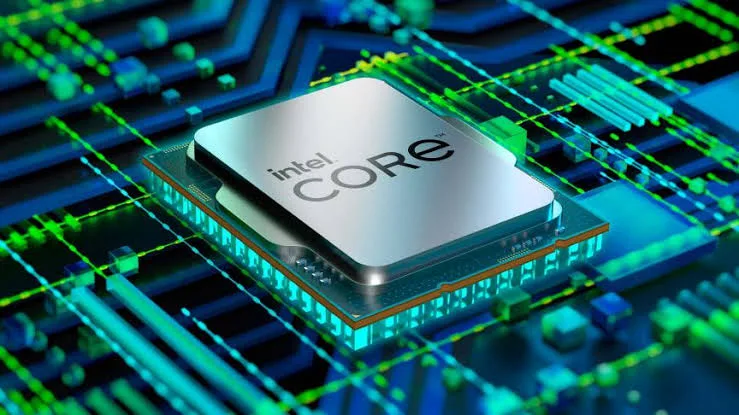New York, April 02, 2024, The Europe Today: On Tuesday, Intel Corporation revealed significant operating losses for its foundry business, marking a setback for the chipmaker.
Intel disclosed that its manufacturing unit incurred operating losses amounting to $7 billion for the fiscal year 2023, representing a sharper decline compared to the $5.2 billion in operating losses reported the previous year. Despite efforts to mitigate losses, the unit’s revenue for 2023 stood at $18.9 billion, reflecting a notable 31% decrease from the $27.49 billion recorded in the preceding year.
Following the announcement, Intel’s shares experienced a 4.3% decline after the company filed the related documents with the U.S. Securities and Exchange Commission (SEC).
During an investor presentation, Intel’s Chief Executive Officer, Pat Gelsinger, acknowledged that 2024 is anticipated to be the year with the most significant operating losses for the company’s chipmaking business. Gelsinger outlined the company’s objective to achieve operating breakeven by approximately 2027.
Gelsinger attributed the challenges faced by the foundry business to past strategic missteps, including the decision made a year ago to forgo utilizing extreme ultraviolet (EUV) machines from Dutch firm ASML. Despite the high cost associated with EUV machines, Gelsinger emphasized their cost-effectiveness compared to earlier chipmaking tools.
In response to the setbacks, Intel has outsourced approximately 30% of its total wafer production to external contract manufacturers like TSMC, aiming to reduce this figure to around 20% moving forward. The company has transitioned to using EUV tools, which are expected to gradually replace older machines and enhance competitiveness in price and performance.
Intel’s strategic roadmap includes significant investments, with plans to allocate $100 billion towards constructing or expanding chip factories across four U.S. states. The success of Intel’s business transformation strategy hinges on convincing external companies to leverage its manufacturing services.
As part of this initiative, Intel announced its intention to begin reporting the results of its manufacturing operations as a standalone unit. The company continues to invest substantially to narrow the gap with primary chipmaking rivals, TSMC and Samsung Electronics Co Ltd.


